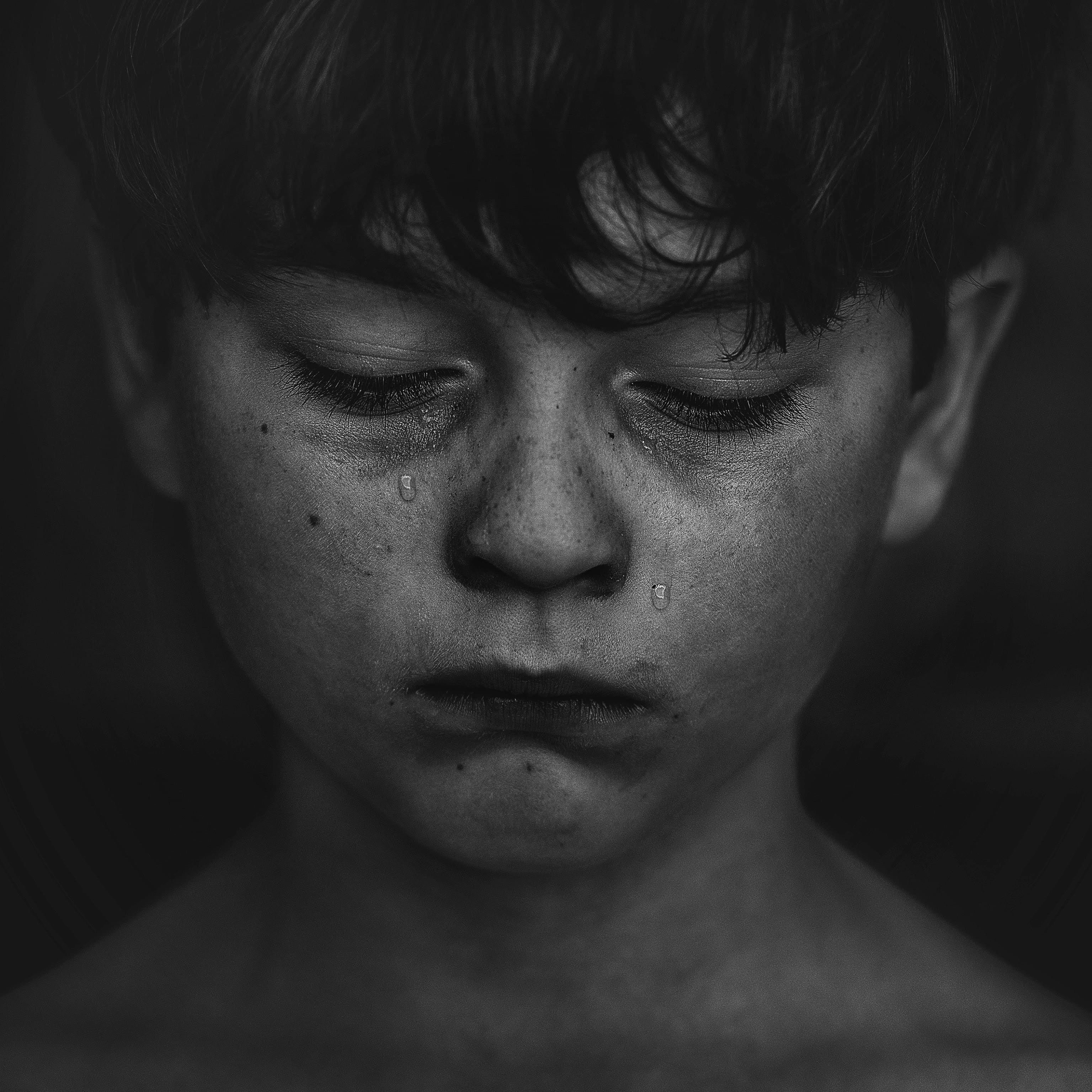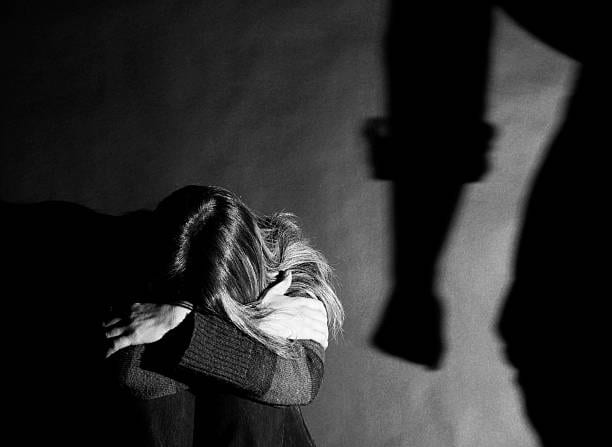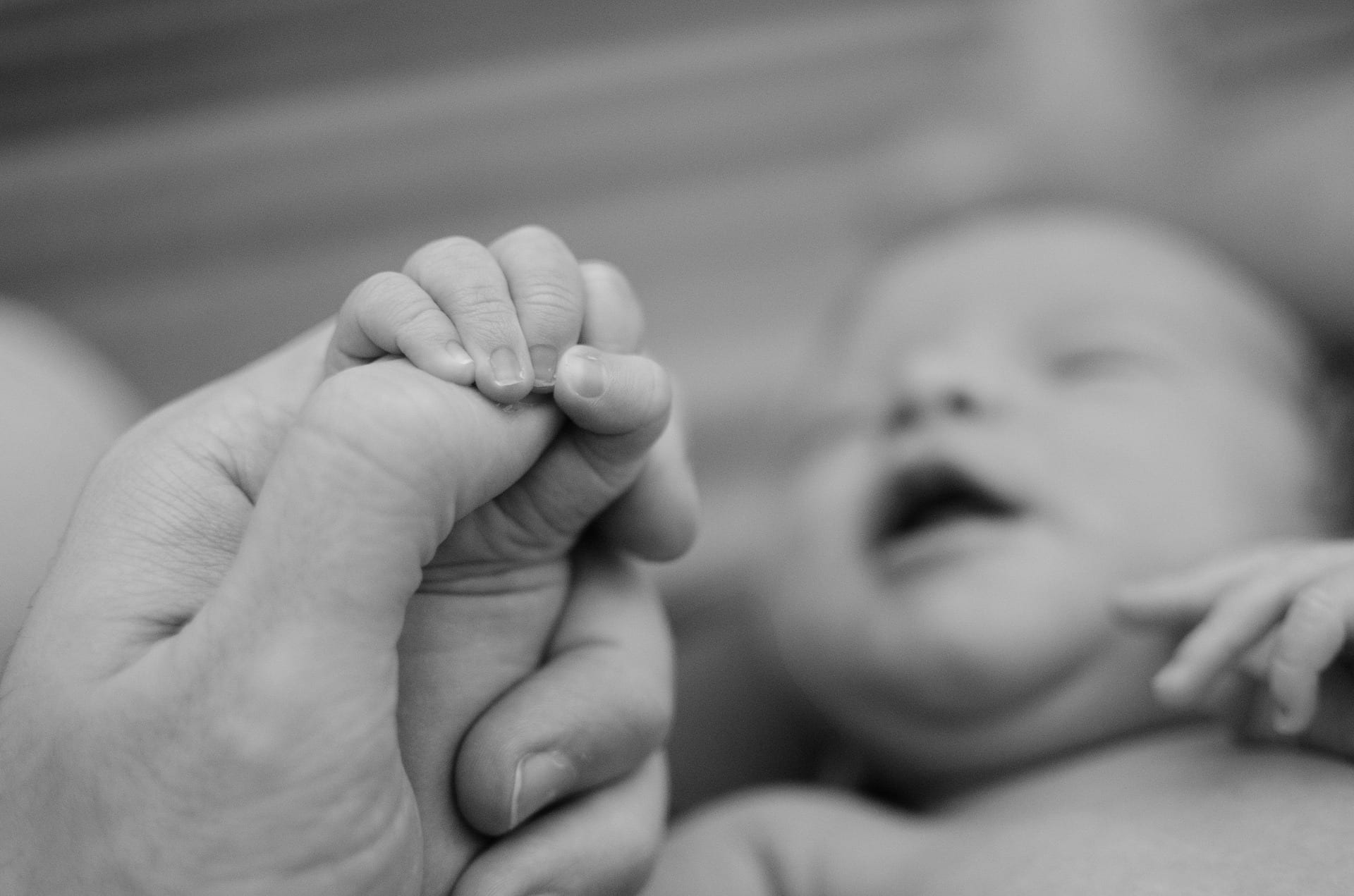As soon as Rhys heard the front door open, he jumped up and began shouting for joy, “Mom Daddy’s home, Daddy’s home!”. His heartbeat racing and his brown eyes shining excitedly, anticipating playtime with Daddy. A wide grin spread across Rhys’s face as Daddy acted like a big bear. Daddy quickly dropping down onto one knee so that he’d be at his son’s height to horse around the living room. Sadly this scene is becoming a rear sight to see.
Today let’s talk about the invisible dads, the ones who don’t marry Mummy, don’t support their kids and don’t hang around for the hugs, kisses and nappy changes. There are millions of them around the world, and their numbers are growing.
“Today, more than one in four births is to an unmarried mother, and more than one in 10 births is to a teenager. These numbers portend a future of fragile families. Once considered primarily a racial problem, fatherless homes have increased across a wide range of demographics over the last ten years.”
How have we come to the point where a child with two parents is the exception rather than the norm? It is time that we put the issue of fatherless families front and center on our national agenda.
So who’s the real problem here? And why should we care?
It is time to shift our attention to the issue of male responsibility, and to the indispensable role that fathers play in our society.
Firstly, it would be an oversimplification to assume that two parents are always better than one as there are many courageous and loving single moms and daddy’s who are able to balance the competing demands on their time and attention, to care and provide for their children alone.
However, contrary to the sentiments of our culture and though our society is only beginning to recognize it, the presence of fathers within the home is vital to the moral integrity of a society. The short-term effects are already far too evident as statistics reveal that the loss of fathers is reverberating throughout the world in the form of social pathologies ranging from teen pregnancy to drug abuse.
Fatherless children are five times more likely to be poor and twice as likely to drop out of school as children who live with both parents.
Boys, without proper male role models, look to other sources for the male bonding they need. In the inner cities that often entails gangs while in the suburbs it tends to be online.
“According to the latest statistics, the increase in the proportion of single-parent families accounted for about half of the overall increase in child poverty from 1979 through to 1987.”
The Scriptures warn us about the power of fatherhood, as well as the long-lasting impact that fatherhood has on us all. Exodus 20:4-6.” Fatherlessness is the most harmful demographic trend of this generation
The apple doesn’t fall far from the tree
“The apple doesn’t fall far from the tree” could be both about habits/behavior and also looks. Have you ever thought about that? Do you often find yourself reacting to a situation the way your father did? or scarier yet…do you ever see your mannerisms in your son? The footprint of a father leaves a permanent mark on the soul of a child.
Fatherhood is under assault
We hear a lot about the war on women…but it is the war on Dads that is causing the greatest damage in the world today. It’s not hard to find. If you watch any popular sitcom on television today, you’ll likely notice that fathers are typically portrayed as childish, irresponsible, lazy, incompetent and stupid.
The doofus dad stereotype isn’t new. There’s Fred Flinstone, and even Charlie Brown’s monotone parents. But according to Tierny, the consistency of these new portrayals has slowly created a new norm opposed to what being a father used to mean.
Dads make a difference. Dads can be heroes – if only we give them the chance. We remain optimistic that family still has more influence than media.
We all need another hero
Fathers are representatives of God on earth; as our heavenly father is the giver of life so also are the earthly father’s givers of life. Malachi 4:6 says “And he will turn, the hearts of the fathers to the children, And the hearts of the children to their fathers, Lest I come and strike the earth with a curse.”
God understands the importance of a father’s love and cares towards their children and He has set the standard by being the first example of a loving father.
“The SARRI report quotes research which found that “the presence of a father can contribute to cognitive development, intellectual functioning, and school achievement. Children growing up without fathers are more likely to experience emotional disturbances and depression.”
“Girls who grow up with their fathers are more likely to have higher self-esteem, lower levels of risky sexual behaviour, and fewer difficulties in forming and maintaining romantic relationships later in life. They have less likelihood of having an early pregnancy, bearing children outside marriage, marrying early, or getting divorced.”
A father’s touch
The first thing, therefore, that a father can do for his children is to love their mother. Another part of a father’s task is that of a protector for his family. But, Daddy also has another task in the home, which is to combine tenderness with strength, and to model the combination so consistently that the children regard the combination as natural.
Our kids must come to know naturally both that dad’s standards protect them, and that his love makes them strong.
Where have all the fathers gone?
Our courts do not value fatherhood as much as motherhood. In 2015 it is still the case that mothers and fathers do not have equal rights
And herein lies the problem. Our expectation of the role a separated father should play in his children’s lives is so low, that when half of dads who win “access” to their kids can’t even sleep under the same roof as their offspring, academics declare this to be an overwhelming success. One of the fruits of the feminist movement many claim is the idea that a woman is more responsible as a parent than the father is.
“He is not my Dad…he is just someone you sleep with!” How many mothers have felt the sting of those words? That is why God hates divorce. We should too.
Our culture has put asunder things which God has joined together—things such as tenderness and strength. It is the job of the father to put them back together again.
Fatherhood, like Motherhood has is its own rewards – as most dads have found. Sadly, for the others, the invisible ones, it is a gift foolishly squandered.







